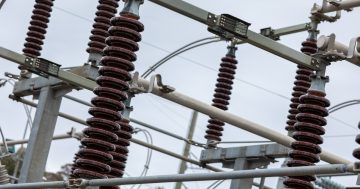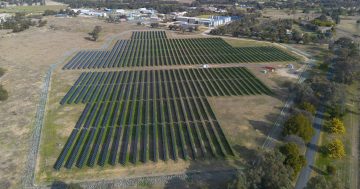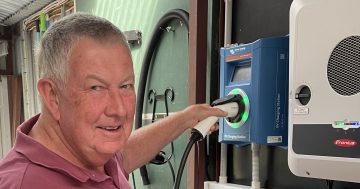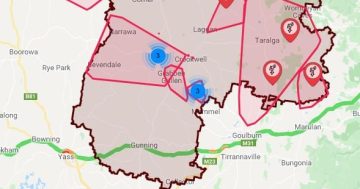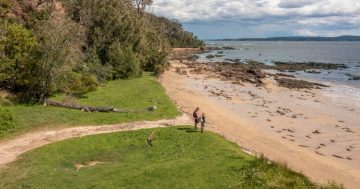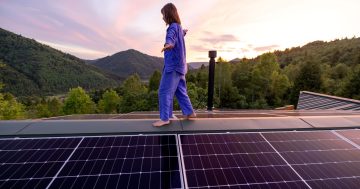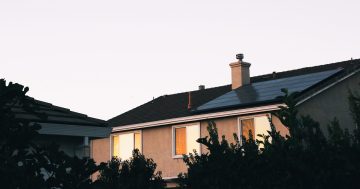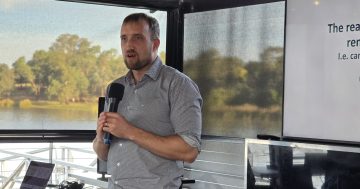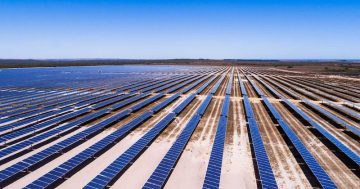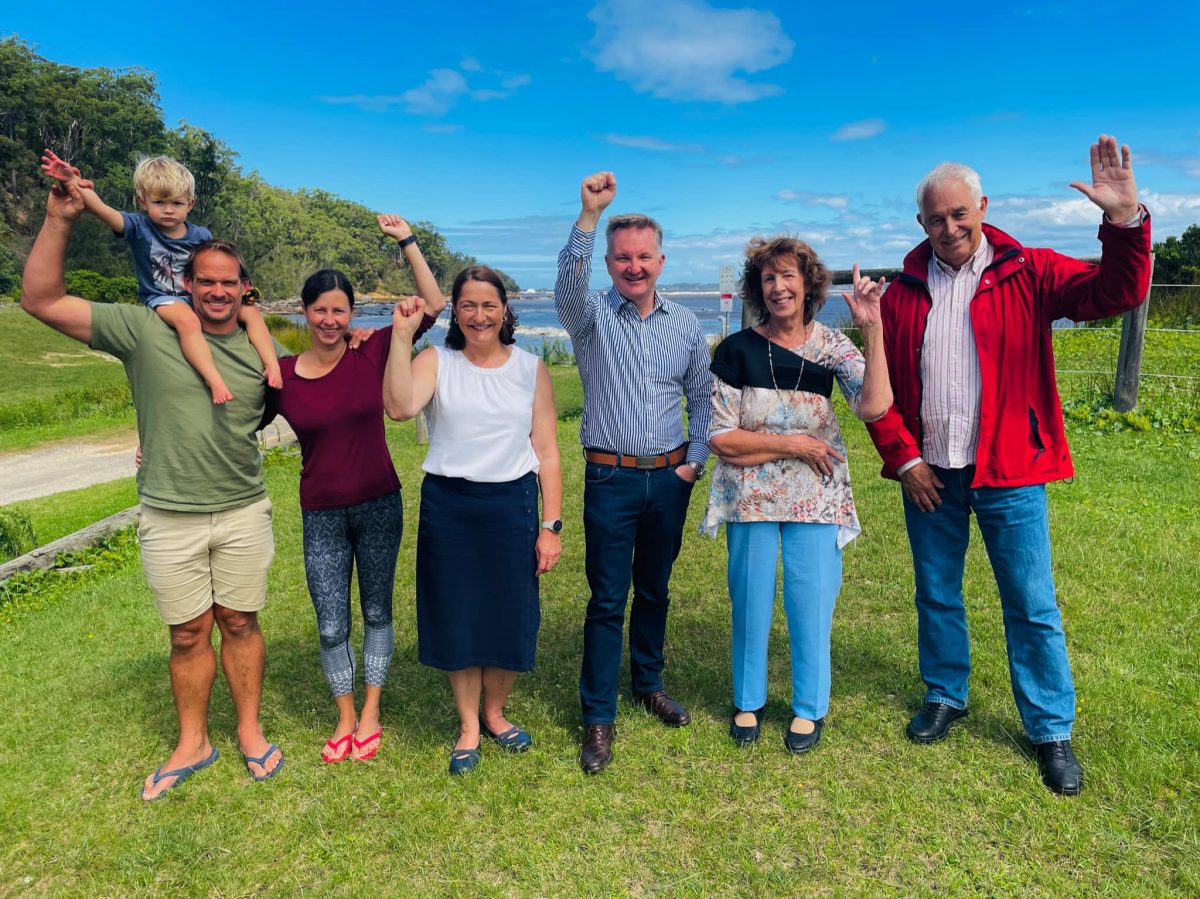
Members of the Maloneys Beach Residents Association lobbied for a community battery. Photo: Fiona Phillips.
Households in Maloneys Beach, including those without solar panels, will reap the benefits of renewable energy when a community battery is installed in the village.
In a first for the Eurobodalla, the battery will help lower household electricity bills, reduce emissions and deliver reliable renewable energy for local residents.
Essential Energy will receive $500,000 in the first round of grant funding from the Federal Government to install the battery which will provide households with affordable energy by storing renewable energy generated during the day for distribution in the evening when energy is more expensive.
Funding for the 500-kilowatt hour battery is part of the government’s Community Batteries program, investing $200 million to install 400 community batteries across the country.
A community battery is a locally shared battery within a community that enables storage of excess rooftop solar generated electricity, which can be used at a later time.
Batteries enable the community to use the stored electricity instead of importing it from the grid. They are about the size of a 4WD and store the equivalent of around 25-45 average household batteries.
Community batteries also enable households without solar panels to reap the benefits of renewable energy, while reducing emissions and easing pressure on the grid by absorbing excess solar generated electricity.
Following the Black Summer bushfires, when the village was without power for days, Steve Atkinson from the Maloneys Beach Residents Association researched other communities and what they were doing to become more resilient and independent, including trialling community batteries and community solar farms.
“Maloneys Beach is an end-of-the-road community with one road in and out, and is served by one underground power cable down the same road,” he said.
Mr Atkinson and his wife purchased their own solar panels and battery with emergency generator backup in late 2020 and became part of a virtual power plant trial helping to stabilise the grid when required.
“Many of us started to take our own steps to become less reliant on the grid for energy security but not everyone has the personal resources to do that,” he said.
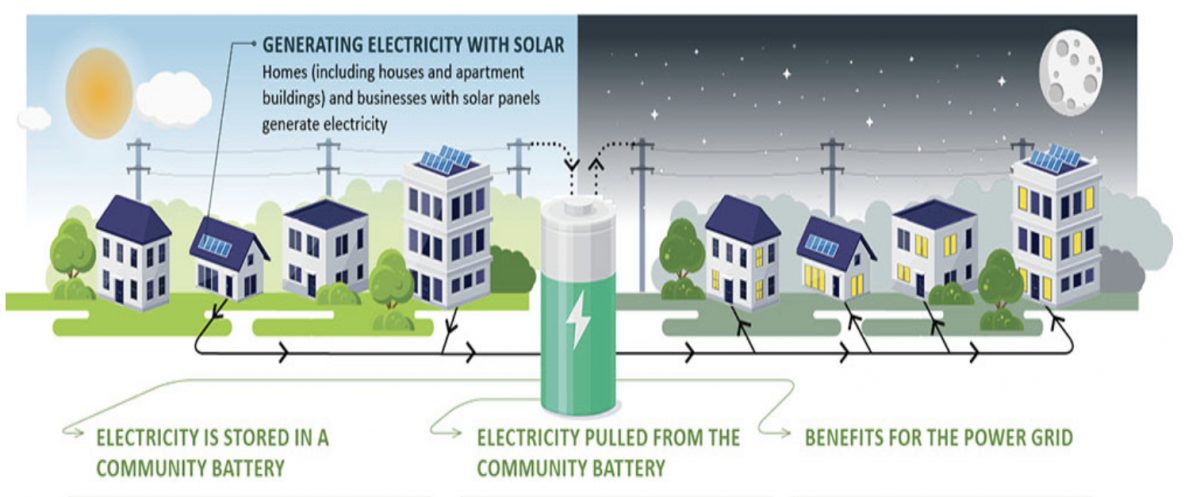
How community batteries work. Photo: DCCEEW.
“We applaud the Federal Government and especially Fiona Phillips for listening to us in 2020.”
However, Mr Atkins says the trial “has a long way to go”.
“The $500,000 is not enough to fund major distribution changes on top of the cost of the battery so the installation may be limited to the number of houses that can be reached from the battery using existing distribution lines,” he added.
“The placement of the battery and the houses that can take advantage of the installation is still up for discussion and planning. The future will depend on the community reaction and take up.
“We are proud to be a community that recognises that the future requires us to be more self-sufficient and resilient.”
Minister for Climate Change and Energy Chris Bowen said around one in three Australian households had installed rooftop solar, which made us a global leader, but far fewer had batteries to store their energy for later use.
He said the Community Batteries program was about unlocking storage and cleaner cheaper energy for more households.
“Renewable energy is the cheapest form of energy, and ensuring Australians can have access to it is a priority for the Government, guaranteeing we can take advantage of Australia’s abundant solar energy and save on power bills,” Minister Bowen said.
Federal Member for Gilmore Fiona Phillips said the battery would empower local residents by lowering their electricity bills, reducing emissions, and providing reliable renewable energy.
“Community batteries reduce emissions and power bills,” she said.
“They also help ensure a more secure energy supply for isolated villages during natural disasters, which any South Coast resident will tell you is so important.
“The Maloneys Beach Residents Association did an incredible job advocating for a community battery, and I am pleased I was able to help them along the way.
“I am really looking forward to seeing more community batteries delivered on the South Coast.”
The Government’s Energy Price Relief Plan capped skyrocketing coal and gas prices, reducing wholesale electricity prices by 50 per cent since October, and more than five million households and one million small businesses will be eligible for Energy Price Relief Rebates from 1 July.
With Essential Energy given the green light, work will begin to formalise the battery location, engage with the local community and start works in coming months to plug the battery into the grid.
The remaining 342 community batteries are being delivered through the Australian Renewable Energy Agency (ARENA) now, with expressions of interest open until 30 June 2023.
Visit the DCCEEW website for more information on the Community Batteries Program.







